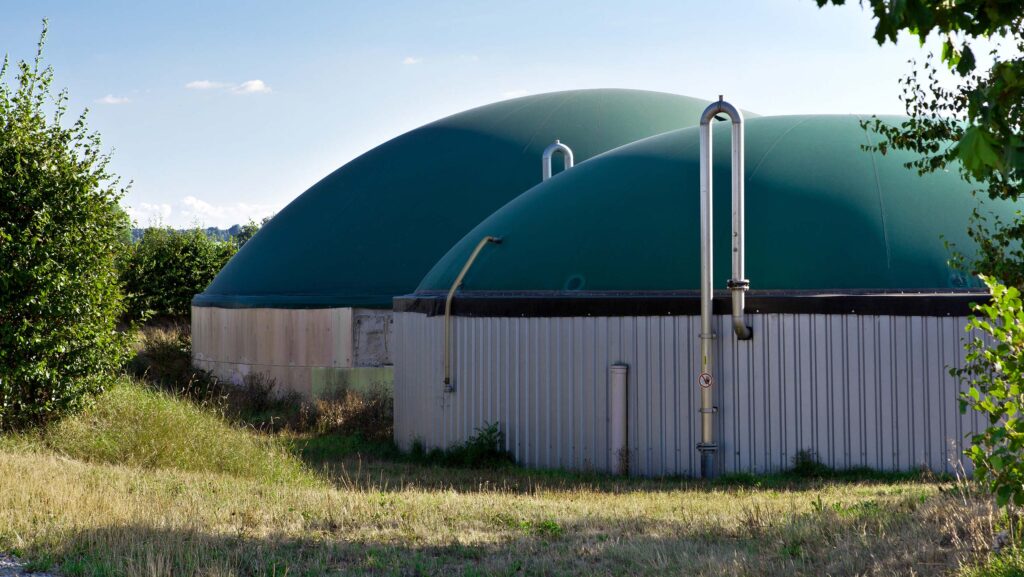Dairy farms could save £50k a year by capturing methane
 © Adobe Stock
© Adobe Stock The UK dairy sector could save up to £400m a year in fuel costs if it were better equipped to capture methane emissions from slurry stores, according to new research by the University of East Anglia.
It found that an average-sized dairy farm could save about £52,500 a year by converting methane into biofuel on farm using existing technology.
See also: How industry is baselining emissions on farm
The study found that methane emissions from slurry stores account for a larger proportion of on-farm emissions than previously thought, based on the two farms analysed.
Researchers measured slurry lagoon emissions by using airtight covers to capture emissions.
It calculated that these emissions could be up to five times greater than previous estimates.
The University of East Anglia conducted its study alongside the International Fugitive Emissions Abatement Association (IFEAA) and received £285,000 in funding through the government’s Shared Prosperity Fund.
The IFEAA’s chairman, former Defra secretary George Eustice, said: “Methane is a potent but short-lived greenhouse gas and reducing emissions is critical to the pathway to net zero and limiting global temperature rises to 1.5C.
“The bad news is that emissions from agriculture are higher than previously thought, but the good news is that this methane is easily captured and used as an alternative to fossil fuels, creating an additional income stream for farms.”
The researchers recommended that the government provides more funding for on-farm slurry covers and gas processing equipment.
Neil Ward, professor of rural and regional development at the University of East Anglia, said: “The standard international methodology looks to be underestimating methane emissions from slurry storage.
“Fortunately, we have the technology to turn this problem into a business opportunity for farmers who can reduce energy bills and become energy-independent if they capture and make use of methane as a fuel.”
Prof Penny Atkins, the IFEAA’s chief executive, added that the technology existed for capturing, processing and utilising the methane, and this looked economically promising, particularly if incentives for capital investment on farms and regulatory support was provided.
